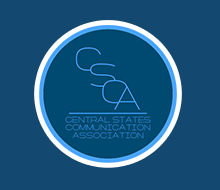Abstract
The university was created for the critical examination of ideas to seek truth. However, the proliferation of post-truth messages has made this goal more difficult to reach, creating an important communication pedagogy problem. Hegemonic forces create post-truth messages to mislead people and play to their existing beliefs in order to maintain and advance power. Post-truth messages are particularly effective because they cause cognitive overload and temporal discounting. Critical communication pedagogy (CCP) is a means by which instructors and students can evaluate post-truth messages. CCP allows for dialogue to reduce the cognitive issues that post-truth messages cause and allow for the critical evaluation of post-truth messages for their (lack of) veracity. Doing so can lead students to take action to resist post-truth messages and their effects.
DOI
10.31446/JCP.2024.1.08
Author ORCID Identifier
David H. Kahl, Jr.: 0000-0003-4757-9067
Recommended Citation
Kahl, Jr., D. H. (2024). Post-Truth’s effect on the brain and the future self: A critical communication pedagogy response. Journal of Communication Pedagogy, 8, 112-119. https://doi.org/10.31446/JCP.2024.1.08
Included in
Adult and Continuing Education Commons, Contemplative Education Commons, Education Economics Commons, Other Communication Commons, Scholarship of Teaching and Learning Commons


